Serbian FM asks UN not to change format of Kosovo sessions
Serbian Foreign Minister Ivica Dacic on Monday asked the UN not to change the format of sessions dedicated to Kosovo - something requested by Western powers.
Monday, 14.05.2018.
23:49
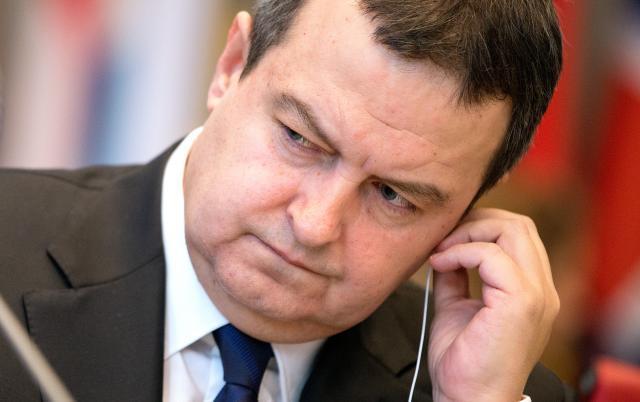
Serbian FM asks UN not to change format of Kosovo sessions
Dacic said that Serbia is strongly committed to solving all issues through dialogue, and that he believes his country has shown "enviable political maturity and responsibility" over the past years - but he also accused Pristina of failing to meet the obligations that it has undertaken."Five years ago I personally signed the first agreement on the principles regulating the normalization of relations between Belgrade and Pristina, the so-called Brussels agreement. As I already said, it was not at all easy to come to that agreement and it has not been easy for us to implement the obligations from that agreement. But we have implemented almost all of them, including the politically most sensitive aspects such as integration of police and judiciary. On the other hand, Pristina also undertook obligations by signing the agreement, and the most important one is to establish the Community of Serb Municipalities (ZSO), to which as many as six points of this agreement refer," Dacic said.
He also said that Pristina has not implemented that key part of the agreement and of its obligations.
"The statements that can be heard from Pristina's representatives, such as that the formation of the ZSO will be conditioned by them getting a chair at the UN, only confirms that Pristina has no sincere intention of meeting its obligations from the Brussels agreement but to instead breach it in the crudest manner. I must conclude with regret that the chief of the EU office in Pristina stepped outside her mandate to express her support to such a platform of Pristina, belittling in this way an agreement that the EU signed," Dacic said.
He added that radical ideas have been heard, such as the need to abolish UNMIK, change its mandate, transform it to a political mission, and to reduce the number of (UNSC) sessions from the current four held each year.
"The situation in Kosovo and Metohija has changed since 1999, but it is far from ideal, and if we look at any of the previous reports of the UN secretary-general about UNMIK's work from 1999 until today, it is clear this is not about 'a young democracy' and 'a multi-ethnic society' that occasionally faces a challenge, like some are trying to present it," Dacic said.
He said that in these 19 years, UNMIK has done a lot to change the situation in Kosovo, but that the job is not over. He added that the Security Council has a duty and an obligation to help find a solution and normalize the situation in Kosovo.
"Great effort has been invested in the stabilization of the situation on the ground during all these years, and only if we continue to solve all open issues peacefully, we can expect normalization of the situation. Therefore, we must not allow some hasty and unnecessary moves to end all efforts that have been made so far. Therefore, I appeal to you to look at the broader picture and support our efforts to reach a lasting solution together. Efforts to downsize UNMIK and its budget, change its mandate, convenes fewer Security Council sessions, in no way contribute to creating a favorable climate for achieving these goals," Dacic said.
He said that in the report of the secretary-general covering the previous quarter supports with facts the position that the situation in Kosovo is still unstable and that international presence is still more than necessary.
"You probably remember that at the last session, we all were deeply shocked by the cruel murder of Oliver Ivanovic, the leader of the Freedom, Democracy, Justice (civil initiative) and one of the most prominent Serb politicians in Kosovo and Metohija. The representatives of Pristina pledged precisely before this respected body that they would 'leave no stone unturned to find and punish the perpetrators.'The perpetrators have not been found or prosecuted, we do not know much more about the investigation except that 'no progress has been made' and that the special investigation office of Kosovo has taken over the investigation 'due to the complexity of the case'," said the minister.
He added that Serbia and Serbs in Kosovo were deeply shaken the events in Kosovska Mitrovica on March 26 - i.e., the arrest of Serbian official Marko Djuric in Kosovska Mitrovica - "when discussions within the framework of the internal dialogue on Kosovo were interrupted by a barbaric act of masked members of special Kosovo police units armed to the teeth."
Dacic said that in the brutal attack of the police and the use of force against unarmed citizens, Djuric, the director of the Office for Kosovo and Metohija, and other officials of the Government of Serbia, Kosovo government ministers from the Serb community, deputies in the Kosovo Assembly, and other citizens were all injured.
Dacic rejected Pristina's reasoning that Djuric did not have the permit to visit Kosovo and said Pristina was notified, in accordance with the agreement on visits of officials, reached under the auspices of the EU, in a timely manner, and even before the deadline provided by the agreement.
He said that Serbia is shocked by these developments in Kosovo, as well as by the absence of an adequate response primarily from the EU as a mediator in dialogue with Pristina, whose EULEX mission in Kosovo should take care of the rule of law, but also about the behavior of the Kosovo police.
Serbia supports the call from the UN secretary-general's report to launch a thorough investigation into the March 26 event, with the need to take appropriate corrective measures in case when human rights are disrespected, he said.
Dacic said that such actions confirm Serbia's concern over Pristina's aspirations to, by changing and extending the mandate of the Kosovo Security Forces, begin the process of their transformation into an army, because it would "flagrantly" violate Resolution 1244 and the Military-Technical Agreement from Kumanovo, but also further destabilized the security situation in Kosovo and the region.
The minister said that crimes committed in Kosovo must not go unpunished and added that Serbia, in accordance with its laws, will not give up on prosecuting those persons for whom there is evidence that they committed war crimes against civilians in Kosovo.
He said that Serbia will continue to use all diplomatic means in order to counter the secessionist attempt by Pristina, which is a dangerous precedent that has already given the impetus to various separatist movements in other parts of the world.
"I would like to thank all the countries that have not recognized the unilaterally declared independence of Kosovo for their consistent support and the fundamental respect for the UN Charter and UN Security Council Resolution 1244, as well as those who have withdrawn or consider withdrawal their recognition. In this context, I would like to point out to those members of the Council who are sending protests to the states withdrawing their recognition, that such moves do not contribute to a faster and more efficient resolution of the problem. Providing unconditional support to one side does not help to reach a compromise. Serbia treats all respected members of this body as friends and partners. We expect you to and would welcome you treating Serbia as a friend and partner, which would include a greater understanding of our positions and arguments," Dacic said.










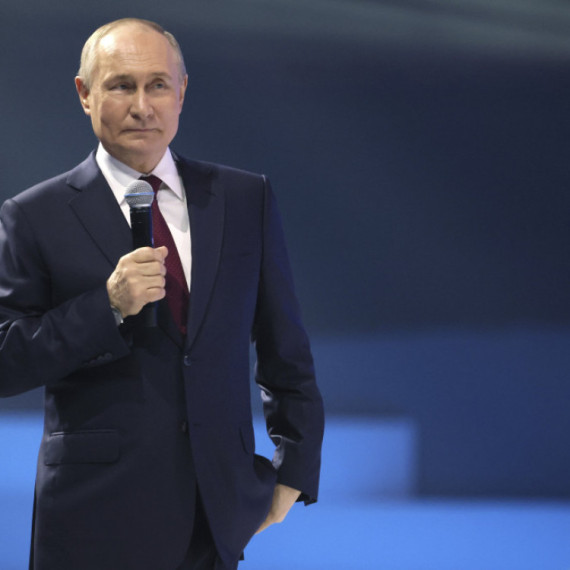



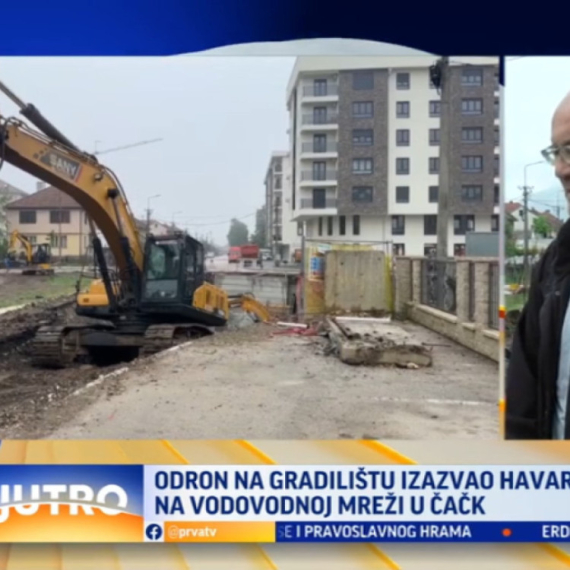
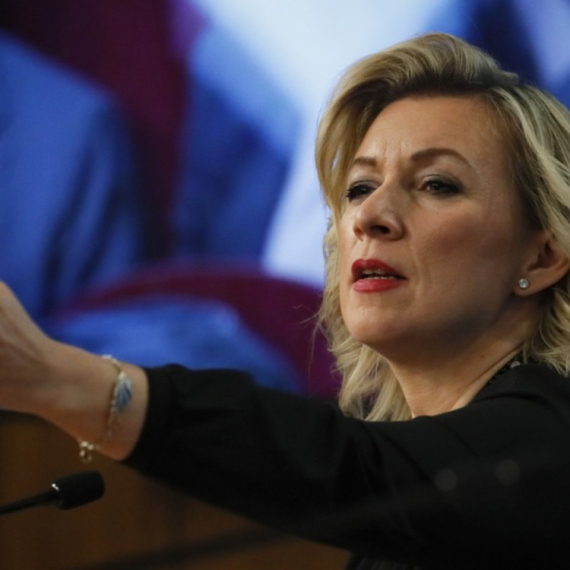
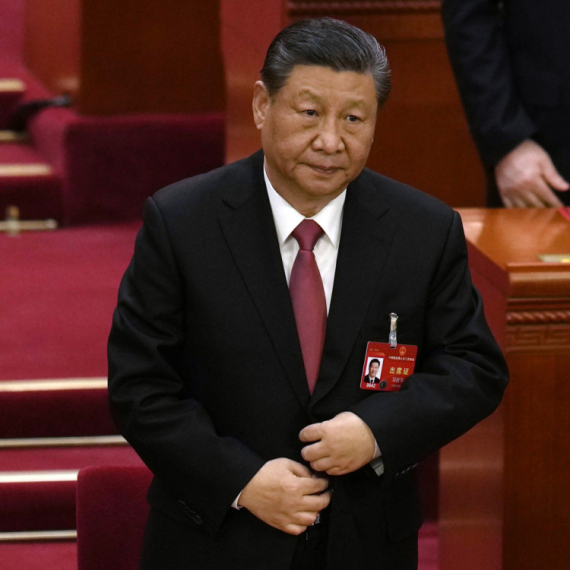
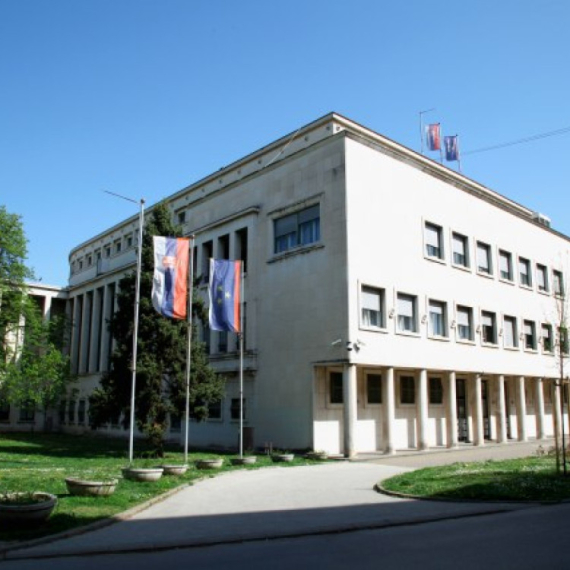




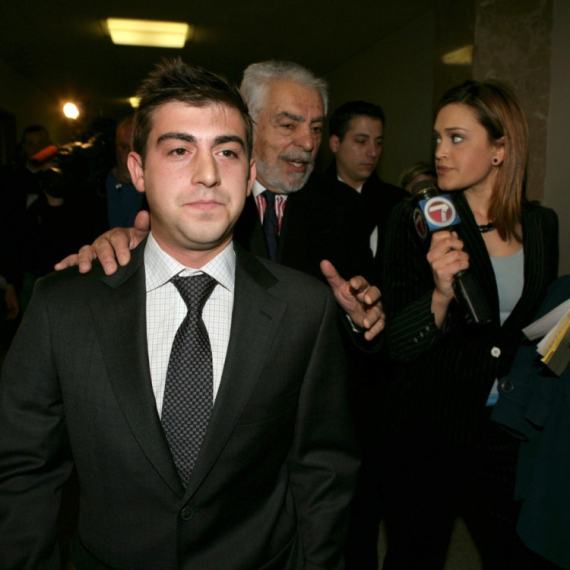

Komentari 4
Pogledaj komentare